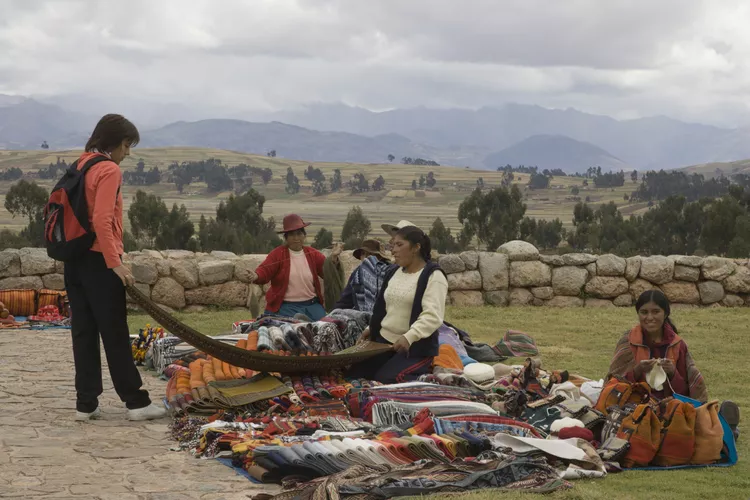Overview of Essential Travel Tips
The Importance of Language
Language is crucial when traveling abroad. Learning even a little Spanish before visiting Peru can significantly enhance your experience, especially in areas where English is not widely spoken, like rural regions.
Greetings and Introductions
Start your interactions confidently by greeting locals appropriately. Use buenos días (good morning), buenas tardes (good afternoon), or buenas noches (good night).
To introduce yourself and engage in simple conversations, familiarize yourself with these phrases:
- What’s your name? — ¿Cómo te llamas?
- My name is… — Me llamo… (or you can use mi nombre es…)
- Where are you from? — ¿De dónde eres?
- I’m from… — Soy de…
When meeting someone, it’s polite to say mucho gusto (it’s a pleasure to meet you).
Counting: A Key Skill
Master basic numbers for everyday situations, from shopping to travel. Familiarity with counting will serve you well during your trip.
Understanding Time and Dates
Once comfortable with numbers, learn to ask about and tell time. Expect to be asked about the time frequently: ¿Qué hora es?.
Shopping Basics
When shopping in Peru, essential phrases will help in negotiations:
- How much is it? — ¿Cuánto es? (or cuánto cuesta?)
- That’s too expensive. — Es demasiado caro.
Additionally, check if the seller has change for larger bills by asking: ¿tiene cambio? (Do you have change?). If you prefer browsing, say sólo estoy mirando (I’m just looking).
Restaurants and Bars
Dining out offers an excellent opportunity to practice Spanish. Key phrases include:
- The menu, please — La carta, por favor
- The bill, please — La cuenta, por favor
- What do you recommend? — ¿Qué me recomiendas?
- Do you have vegetarian dishes? — ¿Tienes platos vegetarianos?
- A beer, please — Una cerveza, por favor
Asking for Directions
Familiarize yourself with phrases to navigate effectively:
- I’m lost — Estoy perdido/a
- How can I get to…? — ¿Cómo puedo llegar a…?
- Where is the bus station? — ¿Dónde está la estación de autobuses?
- Is it far? — ¿Está lejos?
Transportation Essentials
If you are an independent traveler, understanding public transport is vital. Learn these important questions:
- What time does the plane arrive? — ¿A qué hora llega el avión?
- What time does the bus leave? — ¿A qué hora sale el autobus?
- I want a ticket to… — Quiero un boleto a…
Communication Challenges
Sometimes, despite your best efforts, communication may not go smoothly. Use these phrases when you find yourself struggling:
- I don’t speak Spanish — No hablo español
- Do you speak English? — ¿Hablas inglés?
- I don’t understand — No entiendo
- Can you speak more slowly, please? — ¿Puede hablar más despacio, por favor?





